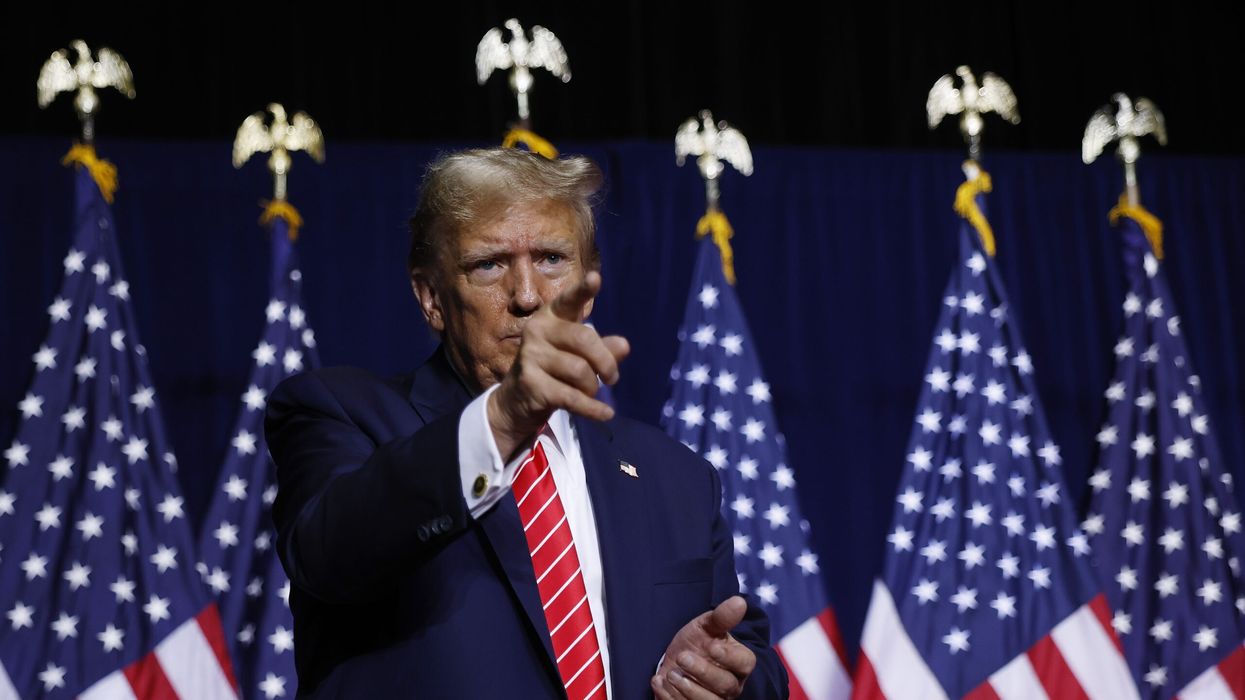DONALD TRUMP, the Republican candidate running against Democrat president Joe Biden in the US presidential election due on November 5, has warned: “Now, if I don’t get elected, it’s gonna be a bloodbath. That’s going to be the least of it. It’s going to be a bloodbath for the country.”
Nevertheless, some papers in the UK are rooting for a Trump victory.
Meanwhile, the Indian general election will be held in seven phases between April 19 and June 1, with the result declared on June 4. Some 968 million people – 150 million more than the last elections in 2019 – are eligible to vote. Turnout in 2019 was 67 per cent.
Will prime minister Narendra Modi win? Probably, but Indian elections are unpredictable because of the differences between north and south and the distinctive political factors in each state. West Bengal, for example, ruled by Mamata Banerjee’s Trinamul Congress, is very different from Uttar Pradesh, Bihar, Rajasthan or Tamil Nadu.
In the United States, in marked contrast, there were 161.42 million people registered to vote in 2022. This is a fall from the previous election, when 168.31 million people were on electoral rolls.
The US president is not chosen by a popular mandate, but indirectly through an electoral college, which makes that country’s system of democracy – especially the brand favoured by Trump when he has to win – work in progress.




